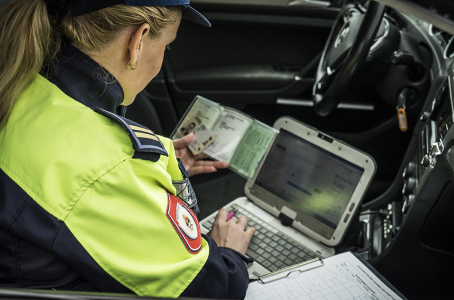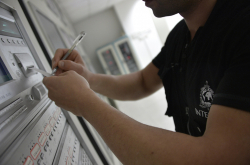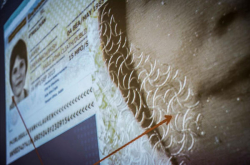Border officers can screen people, goods, vehicles and vessels against millions of INTERPOL records.
How does it work in practice?
Our member countries have real-time access to our range of criminal databases which contain millions of records contributed by countries. Countries can make this access available to their frontline law enforcement officers at airports, sea ports and land border crossings.
Border checks against INTERPOL databases provide information in real-time, allowing officials to detain potential criminals on the spot. Countries can also cross-check this data against their national databases.
Operational databases for first-line checks
- Travel and identity documents reported as stolen, lost, revoked, invalid or stolen blank;
- Notices – INTERPOL’s colour-coded system of international alerts or requests for cooperation;
- Nominal data – personal data and the criminal history of individuals subject to a request for cooperation;
- Travel documents associated with notices;
- Stolen motor vehicles and identifiable spare parts;
- Stolen vessels and engines;
- iARMS – illicit firearms.
Continuing the investigation
Once a potential criminal travelling with a fraudulent document or in a stolen vehicle has been detained, police officers need backup data to pursue their investigation. INTERPOL can provide assistance with our specialized databases.
Forensic databases for second-line checks
- Edison – Examples of genuine travel documents, to help identify fakes;
- FIELDS – visual information on the key markers that can indicate a counterfeit or forged document;
- Fingerprints;
- DNA profiles;
- IBIN – ballistic data.







